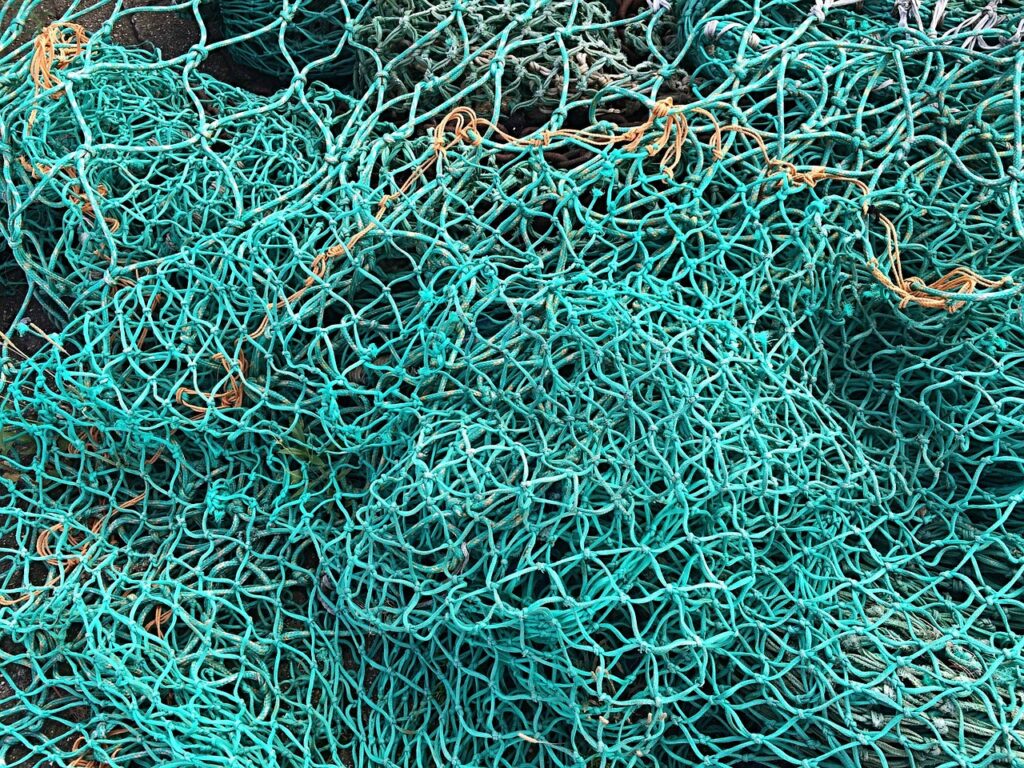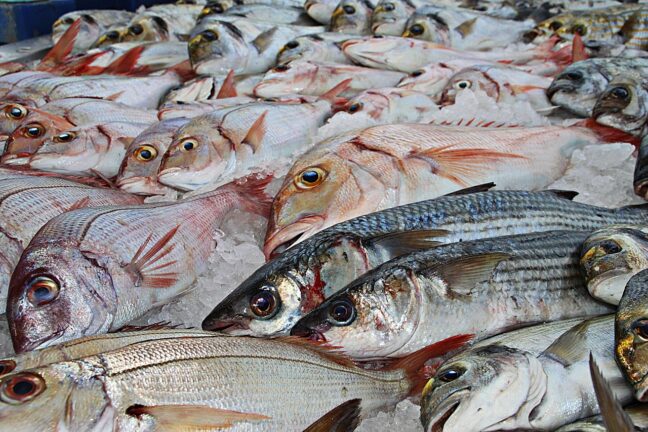The Council of the European Union has adopted enhanced regulations to deter non-EU countries from engaging in unsustainable fishing practices that threaten shared fish stocks. This decision underscores the EU’s commitment to marine conservation, fair competition, and the long-term sustainability of fisheries.
The updated regulations aim to safeguard the long-term sustainability of shared fish stocks, which are vital to marine ecosystems and the livelihoods of EU fishing communities. By promoting responsible fishing practices worldwide, the EU seeks to protect its fishing interests and ensure a level playing field for European fishers in the global market. In the EUropean context, the most overfished species include European hake, herring, cod, mackerel, and whiting.
Enhanced clarity and transparency in identifying non-EU countries that permit unsustainable fishing activities is a key feature of the updated rules . This improved legal framework enables third countries to better understand when their practices could trigger EU sanctions, including import bans or restrictions on fish and fishery products. The regulation also explicitly defines what constitutes a ‘failure to cooperate,’ providing clear examples of non-cooperative behaviour. Countries evading international norms can face yellow or red card status.
Recent cases of overfishing
In January 2023, the European Commission imposed a “red card” on Cameroon, banning the import of seafood from the country’s waters and ships flagged there due to the country’s “non-cooperating” status in tackling illegal, unreported, and unregulated (IUU) fishing. Investigations revealed numerous vessels registered in Cameroon were managed by companies based in EU member states, contributing to IUU fishing.
Additionally, the EU decided not to renew its fishing agreement with Senegal in 2024, citing the country’s failure to address overfishing and resource depletion. This decision followed the identification of Senegal as a “non-cooperating” country due to shortcomings in monitoring, control, and surveillance systems.
You might be interested

Rules outline constructive approach
Beyond enforcement, the regulation puts stress on constructive dialogue and cooperation with non-EU countries. Under the rules, the EU engages in bilateral and multilateral discussions both before and after initiating measures, encouraging countries to halt unsustainable fishing practices. Notified countries have 90 days to respond to the European Commission’s intent to identify them as non-cooperative, fostering transparency and opportunities for resolution, the Council reported.
The updated regulation will take effect 20 days after its publication in the Official Journal of the European Union, marking a significant step forward in global fisheries governance.











